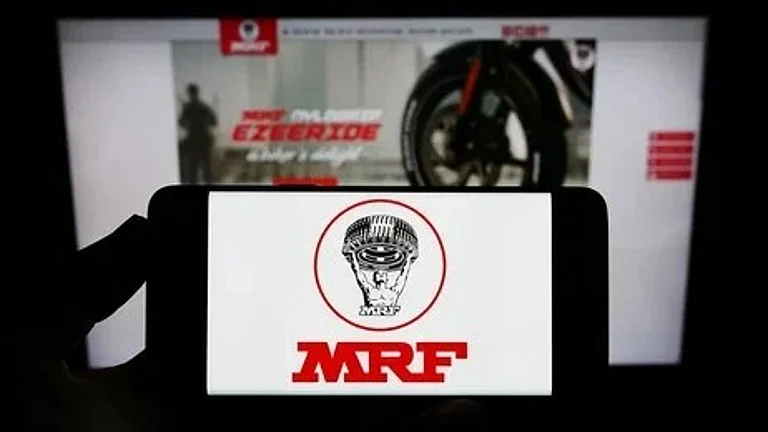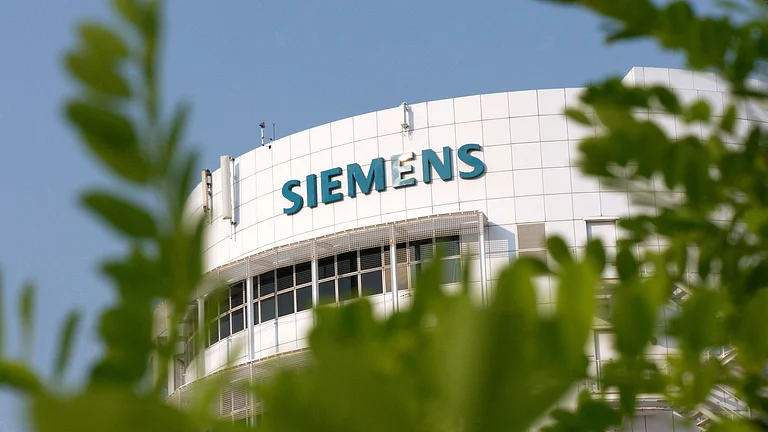Eternal, formerly known as Zomato, has reported 78% year-on-year decline in consolidated net profit to Rs 39 crore in Q4 FY25. The food delivery giant’s net profit was Rs 175 crore in Q4 FY24. However, its revenue from operations increased 64% year-on-year to Rs 5,833 during the same quarter this financial year.
On the profitability front, Zomato's consolidated Adjusted EBITDA declined by 15% year-on-year to Rs 165 crore in Q4 FY25. The dip was primarily driven by increased investments aimed at expanding the company’s quick commerce store network.
However, this was partially cushioned by an improvement in the food delivery segment, where the Adjusted EBITDA margin as a percentage of Gross Order Value (NOV) rose to 5.2%, up from 3.8% in the same quarter last year.
How Blinkit, Hyperpure Performed in Q4?
Zomato’s quick commerce arm, Blinkit added highest ever stores 294 net new stores in the fourth quarter. The 10-minute delivery platform is on the track to get 2,000 dark stores by December 2025.
It has witnessed robust growth over the past year, with revenue rising sharply to Rs 1,709 crore in March 2025, up from Rs 1,399 crore in December 2024 and Rs 769 crore in March 2024.
"NOV of our B2C businesses grew 53% YoY (5% QoQ) to Rs 17,440 crore in Q4 FY25. On a like-for-like basis (excluding the impact of the acquisition of Paytm’s entertainment ticketing business), NOV growth was 48% YoY (5% QoQ). Our B2B business, Hyperpure’s revenue grew 93% YoY (10% QoQ)," the company said.
Food delivery gross order value grew 16% year-on-year and fell 1% quarter-on-quarter. Its net order value grew 14% year-on-year and fell 3% quarter-on-quarter. District app scaling up, adds to one-third going-out gross order value.
Why Zomato Reported Slowdown in Food Delivery?
The company attributed the current slowdown in food delivery to the sluggish demand environment, shortage of delivery partners due to high demand of delivery partners in quick commerce given the rapid expansion, and competition from quick delivery of packaged food.
In addition, the platform delisted approximately 19,000 restaurants that either failed to meet hygiene standards following serious customer complaints, were impersonating well-known brands to mislead consumers, or were duplicating menu listings to unfairly gain visibility.
Zomato emphasised that maintaining trust in the food delivery ecosystem requires actively removing such bad actors, even if it temporarily impacts order volumes. It stated that he quarter had one less day compared to the same period last year due to the leap year, which also contributed marginally to the dip in growth.

































